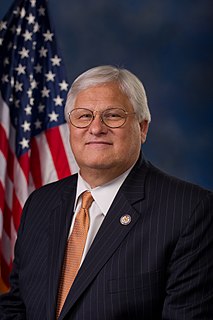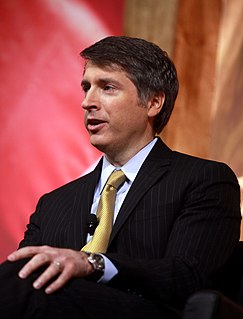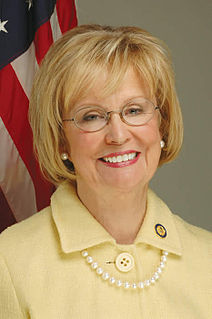A Quote by Kenny Marchant
The Coastal Plain of Alaska has great potential for energy development. Americans have paid record-high prices for oil and gas in the year 2005.
Quote Topics
Related Quotes
The horn of dilemma of energy politics is what really drives concern about this energy in this country, at the gut level for most people, is high gas prices. And if you really want to fight global warming and try to reduce our carbon emissions, the cleanest, easiest, most rational way to do it would to make the price of gas even higher through very stiff gas prices.
Russia does not have a modern economy: it's a petro-power. The only thing it sells that the world wants to buy is oil and natural gas. When was the last time anyone bought a Russian computer? A Russian car? A Russian cell phone? Russia is so dependent on high energy prices that if oil falls below $100 a barrel, the Kremlin can't meet payroll.
In the near term, oil is galloping ahead and leading our economy. We have to corral the "horse" and gradually reduce our dependence on oil and coal, in their present forms. Green-energy investment is inherently high-tech, and we could lead in the next-generation energy technologies, as we did and do now with oil and gas. All it takes is leadership!
Gas prices in many parts of the country are nearing $4 a gallon; it could get even worse as unrest spreads throughout the oil-exporting Middle East. Yet the Obama administration once again seems to see no crisis. It has curtailed new leases for offshore oil exploration for seven years and exempted thousands of acres in the West from new drilling. It will not reconsider opening up small areas of Alaska with known large oil reserves.
The transition from coal, oil, and gas to wind, solar, and geothermal energy is well under way. In the old economy, energy was produced by burning something - oil, coal, or natural gas - leading to the carbon emissions that have come to define our economy. The new energy economy harnesses the energy in wind, the energy coming from the sun, and heat from within the earth itself.
































